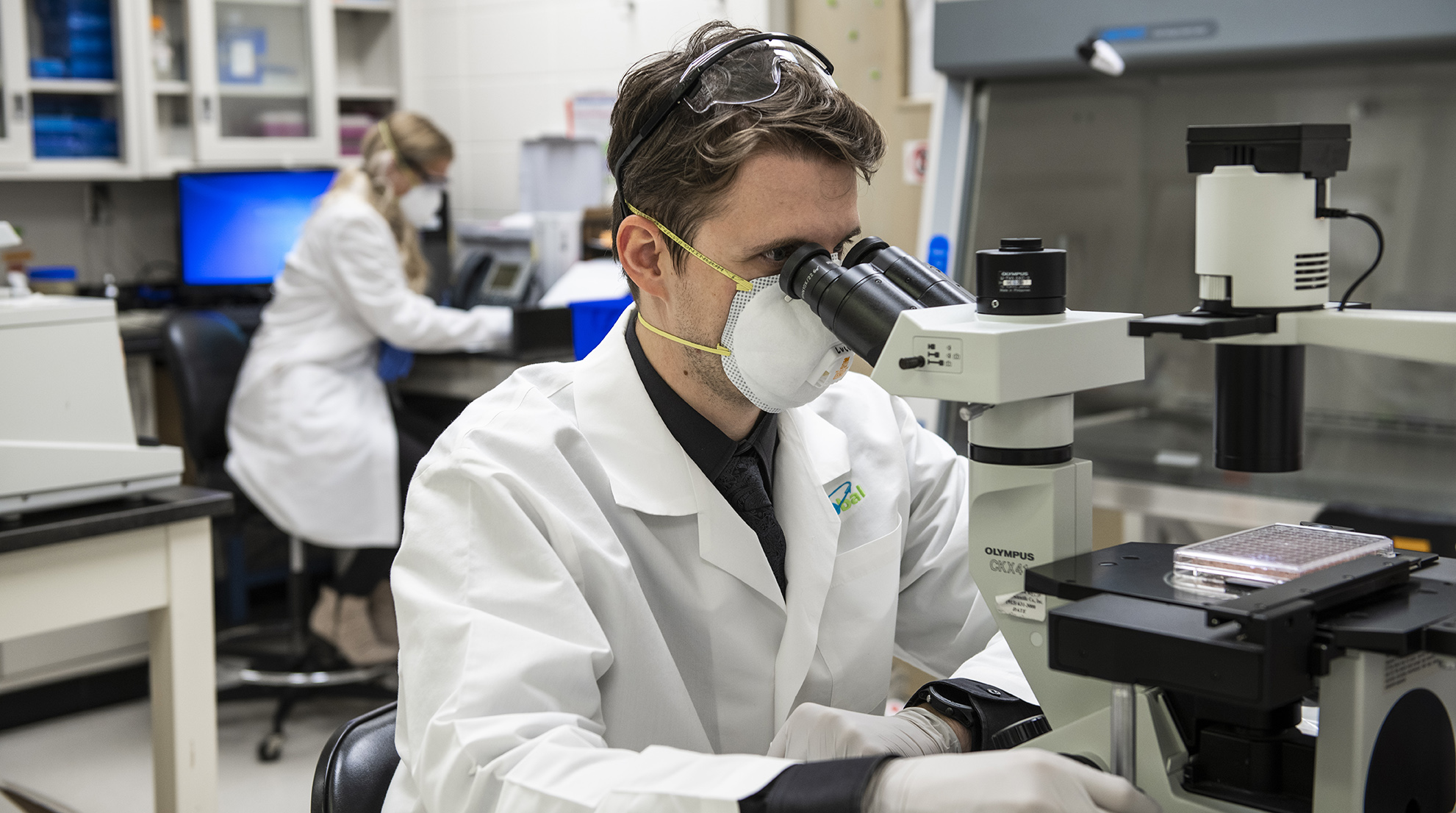In the face of the global SARS-CoV-2 (COVID-19) pandemic, MRIGlobal’s expertise in predicting, preventing and controlling infectious outbreaks such as Ebola, SARS and MERS dominated our work this year. Our research experts are making diverse and significant contributions in combatting COVID-19.
In the lab
We dedicated MRIGlobal’s state-of-the-art Diagnostics Center of Excellence in late 2019. That timely launch equipped us to address a surge of new commercial and government projects focused on the development and testing of COVID-19 diagnostics. This work moved several diagnostic devices through Food and Drug Administration Emergency Use Authorization. MRIGlobal’s COVID-19 diagnostic portfolio continues to grow as diagnostic companies push towards FDA clearance.
- Early in the outbreak, MRIGlobal focused on the development of Emergency Use Authorization (EUA) assays for SARS-CoV-2 corona virus/COVID-19, followed by further testing to obtain Food and Drug Administration (FDA) clearance for the diagnostic assays. MRIGIobal also evaluated the efficacy and safety of vaccines and therapeutics, including efforts to discover new antiviral candidates. Our research teams are ramping up to support human clinical trials of medical countermeasures now under development.
- MRIGlobal developed a hamster model to test the efficacy of therapeutics, prophylaxis, and vaccines designed specifically against SARS-CoV-2. Researchers performed an extensive Natural History Study to understand the disease progression and where to best target drugs against the disease.
- MRIGlobal tested the effectiveness of several disinfectants and devices aimed specifically at decontamination of SARS-CoV-2. Testing included UV, ozone, hydrogen peroxide, and plasma technologies. Several of these technologies have proven 99.99% effective at reducing infection.
- MRIGlobal verified the effectiveness of drug candidates in in vitro tissue culture assays against SARS-CoV-2. Several drugs have progressed to the FDA for clearance the potential treatment of COVID-19. Others are under consideration for evaluation using MRIGlobal’s hamster efficacy model.
In offices, businesses and schools – biosafety and security
Returning to the workplace, campuses, and businesses amid a pandemic calls for credentialed biosafety experts to assess programs and for risk and biosafety. MRIGlobal has provided critical guidance to businesses, schools and laboratories to prepare their facilities and its inhabitants for a safe return to normal. Our experts helped these organizations understand the public health variables in their communities and to change their normal operations as the situation evolves. MRIGlobal’s professionals are providing relevant, up-to-date site assessments and training in the U.S. and internationally.
Mobile Laboratories
- Containerized Bio-Containment System – We initially created the CBCS in response to the Ebola outbreak in West Africa. The systems were designed to transfer Americans with highly infectious disease back to the United States for treatment. The CBCS keeps the virus contained within the unit; patients could receive medical care; and the flight crew would be safe from infection, too. During the early stages of the COVID-19 outbreak, our biocontainment technology helped with the evacuation of cruise ship passengers docked in Japan. The ship had been quarantined for 10 days, and needed a safe way to evacuate its passengers. In this case, patients were safely transported somewhere they could receive proper medical attention.
- Athena Lab -Design work was already underway on Athena, MRIGlobal’s newest mobile lab, when the global COVID-19 outbreak hit. An expandable mobile laboratory space on par with brick and mortar labs, Athena offers 82% more floor space and 40% more lab bench space than prior models, without adding to the shipping footprint or cost. As with earlier mobile lab models, Athena is rapidly deployable to remote, austere environments worldwide. Units are shipped by air, boat or truck, just like any ISO standard 20-foot-long shipping container. The Department of Defense (DOD) awarded a contract valued at over $2 million with MRIGlobal to procure three Athena Next Generation Mobile Laboratories for COVID-19 sample processing and testing.
- Mercury Lab-When an epidemic is underway, accurate diagnostics can be lifesaving. One person at the sample source can help stop the spread. Launched just before the COVID-19 outbreak, Mercury is mobile molecular biosurveillance laboratory that enables the laboratory to be taken to the sample, no matter how distant or remote the site. A single-person portable laboratory workbench designed for point-of-need operations, when paired with appropriate third-party diagnostic hardware, Mercury can be used for COVID-19 diagnostics.Contained in a single, lockable grab-and-go case, Mercury travels easily—whether on foot, by plane, car, or even motorbike. On site, Mercury can be set up in a matter of minutes to begin processing samples. Mercury, with its complete array of capabilities, provides all necessary logistics to perform full biological profiling of samples on site. Results can be generated in a matter of hours rather than days or weeks, alleviating the problem of transport-compromised samples.

